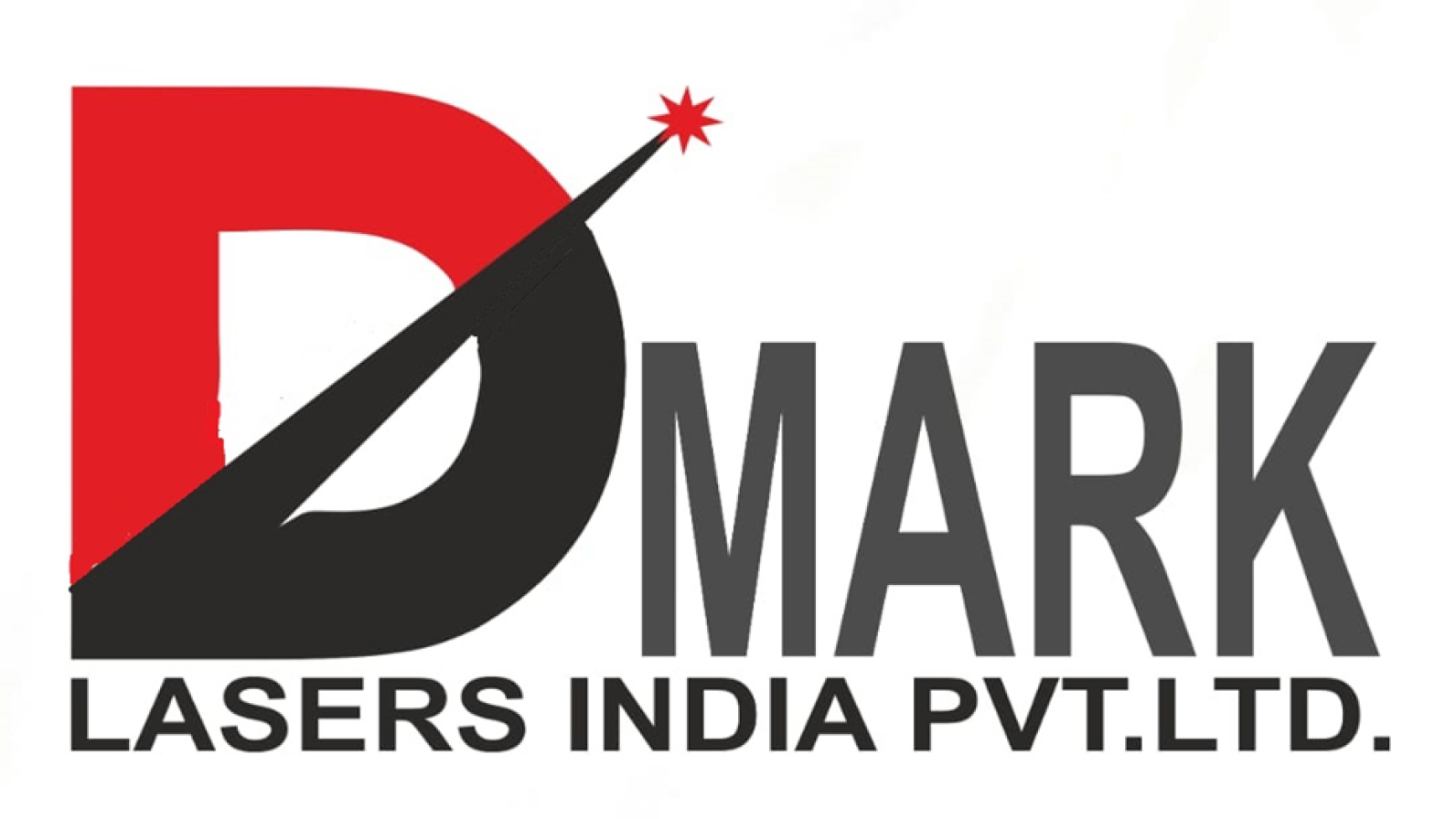In the intricate dance of industrial craftsmanship, DMark Lasers welding machines emerge as virtuosos, orchestrating a symphony of controlled fusion. The elegance of this process lies in the delicate touch of laser radiation as it graces the surface of the workpiece. A thermal conduction marvel ensues, allowing heat to weave its way through the material, initiating a meticulous melting process.
Precision Beyond Imagination
The elegance of DMark Lasers welding extends beyond the aesthetic—precision takes center stage. The width, energy, peak power, and repeating frequency of laser pulses become not just parameters but instruments of precision. Each controlled pulse shapes a specific molten tool with the finesse of an artist’s brushstroke, crafting welds that meet the most demanding standards.
Seamless Integration: From Manual to Robotic Precision
The elegance of DMark Lasers welding lies not only in manual craftsmanship but also in its seamless integration with automation systems and robotics. This adaptability ensures that the precision and artistry of laser welding can be applied across a spectrum of applications. Whether in the skilled hands of a craftsman or the precision of robotic arms, the elegance remains constant.
Versatility Unleashed
DMark Lasers welding machines redefine elegance through versatility. The spectrum of applications extends from delicate, intricate welds to robust, structural bonds. The elegance of laser welding becomes a dynamic force, adapting to the demands of diverse industries—from automotive engineering to aerospace precision.

Cybersecurity ecosystem
The Data Security Council of India has forecast that the cybersecurity ecosystem will expand up to a point where nearly one million professionals will be required by 2025. Additionally, the demand for cloud security skills is estimated to grow by 115% between 2020 and 2025, representing almost 20,000 job openings, Narayan added.
An extensive exercise in reskilling and/or upskilling the existing workforce, believe staffing experts, is one of the ways that telcos can future proof their work.
Indian mobile phone operators are expected to at least double their investments on network security with the 5G roll out expected to spark a surge in network vulnerabilities, which assume critical importance especially for enterprises.
However, it is already proving to be a challenge for telcos to have robust security teams.
“Even if we do not talk about 5G (specifically), the security talent in general in the country is very sparse at the moment. We need to get more (security) professionals in the system”
Bharti Airtel, for example, has been preparing for 5G roll out by upskilling its professionals and offering them certification courses such as CCNA (Cisco Certified Network Associate) and CCNP (Cisco Certified Network Professional). The courses are offered based on skill and eligibility level free of cost.



